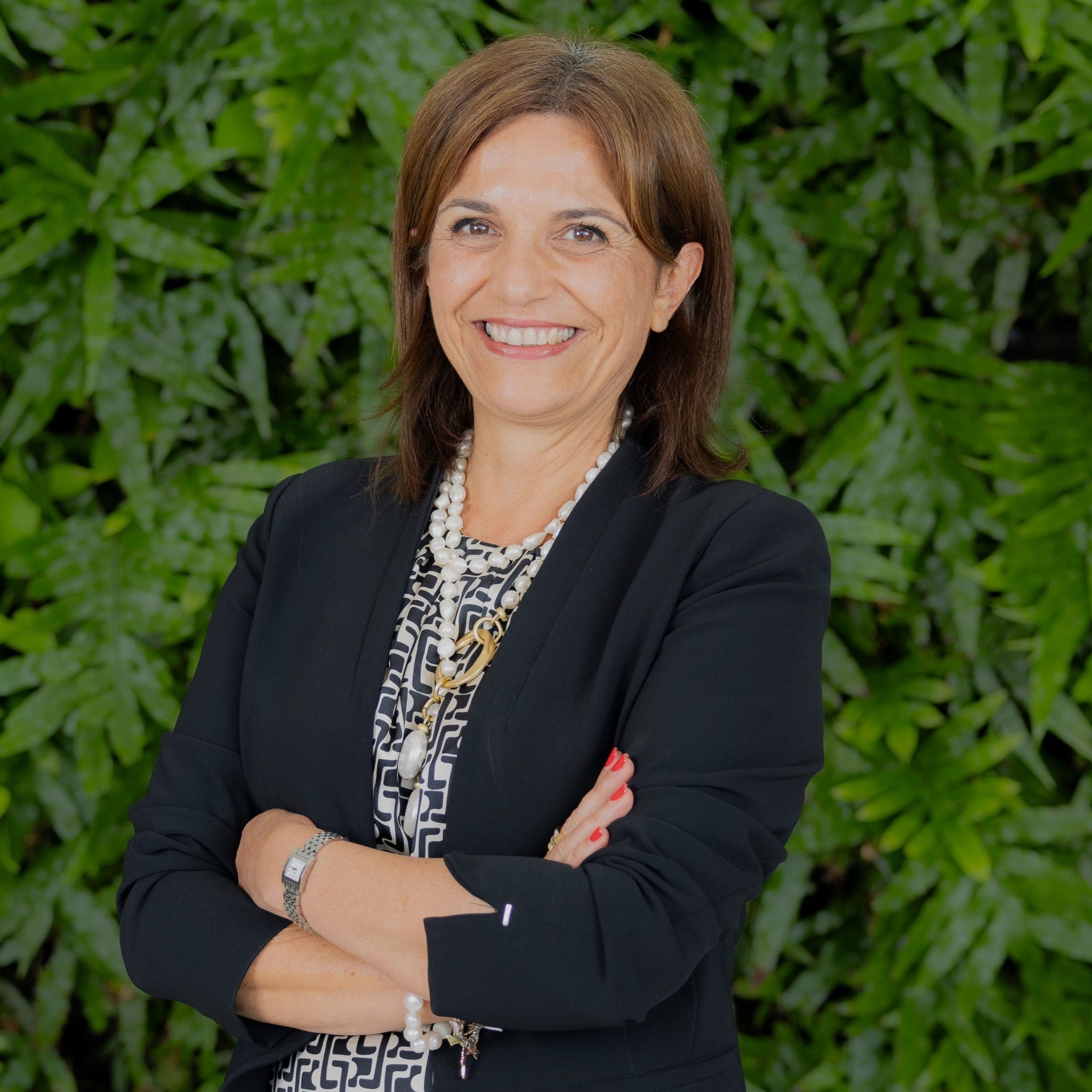EY refers to the global organization, and may refer to one or more, of the member firms of Ernst & Young Global Limited, each of which is a separate legal entity. Ernst & Young Global Limited, a UK company limited by guarantee, does not provide services to clients.

Disruptors and evolving stakeholder expectations among key drivers of transformation
Financial services are an important pillar of the Maltese economy, contributing around eight per cent to gross value added in 2022. Throughout the years, this sector has con- tinued to support the country’s economic growth and prosperity by building resilience and consistently adapting to the growing needs of its various stakeholders. As the industry continues to navigate the effects of numerous external shocks, such as the more recent supply chain issues, high inflation rates and geopolitical tensions, the sector must adapt and evolve rapidly to meet these challenges and address evolving market needs.
Technological advancements, changing customer preferences and regulatory reforms have fuelled innovation and altered the market dynamics, leading to simplified, streamlined and more accessible service delivery. Indeed, we have seen how technology is revolutionising the way transactions are executed in many markets, and financial service providers are increasingly using technology and data to tailor their service offerings based on client preferences. More recently, sustainability has reached the top of the transformation agenda. This is driven by customers’ growing demand for products and services aligned with their sustainability values and added expectations by regulators and investors to expedite the green transition. In this regard, a notable surge in green financing products and a drive for more robust risk management around sustainability elements is observable. Transformation requires bold and fundamental change with radical rethinking, not refining and streamlining. This is crucial for long-term survival in the face of the disruption brought by digital-first challengers and evolving stakeholder expectations.
EY’s experience shows that purpose-led transformations that place humans at the centre amplify employee and customer long-term loyalty through enhanced experiences. This approach seeks feedback on stakeholder expectations at the source to bring fresh, relevant perspectives that maximise the value gained from transformation efforts. Human-centric transformation must be led from the top, with the active involvement of senior leadership, including the board and executive management. They must shape and communicate the organisation’s transformation vision and strategy and ensure stakeholder alignment to secure engagement. Personal and functional key performance indicators (KPIs), including financial and non-financial metrics, also create a culture of accountability while providing the central transformation team with lessons learned from failed or non-performing projects for future transformation initiatives. In EY’s experience, successful transformation is also driven by creating cross functional teams built around value streams and tasked with delivering specific value adding outcomes for the target stakeholder. These teams should include representatives from across the organisation, including the business and technology teams and those in risk and control functions to transform the entire value stream.
With this focus, even transformations primarily motivated by cost-cutting or regulatory compliance can be viewed through the lens of improving customer and employee experiences. While an increasing number of financial service providers have started to create cross-functional teams in support of specific initiatives, many fail to reap the benefits of agile transformation due to traditionally siloed organisational designs and communication channels. An all-encompassing approach is needed to reposition for agility at scale, whether core technology, culture, team structures, or governance, to ensure that transformation can be executed swiftly and that initiatives can pivot quickly as required. Agile organisations are addressing current constraints by setting up cross-functional collaborative teams on a permanent basis to build end-to-end ownership in pursuit of effective transformational set-ups. A common pitfall that often hinders successful delivery materialises when organisations embark on transformation journeys without the necessary foundations, such as systems, solutions and data, being in place. These foundations usually sit in the technology and data management domains. They are critical enablers required to bring transformations to life. Implementing such foundations is a crucial first step that often requires significant investment at the outset but is ultimately indispensable for the successful outcome of transformative projects.
Once set on the proper groundwork, further efforts to transform and digitalise will increase long-term value to customers and other stakeholders through enhanced technology, enable more straightforward and intuitive interactions with customers and colleagues, and introduce further operational efficiency gains. The right technology and data foundations also facilitate the breakdown of silos through data democratisation, leading to a client-centric operating model focused on data-driven insights. Successful transformation also requires diverse teams based on clearly defining the profiles, skills and competencies needed to deliver. Roles such as developers, enterprise architects, cloud engineers, data engineers, data scientists and data architects, and those well-versed in agile practices, such as scrum masters, are among the most sought-after profiles for transformation initiatives. In light of current labour market realities, organisations must rethink their value propositions to attract, reskill and retain key talent. To thrive in this competitive industry, financial service providers must continue to prioritise meeting the evolving needs of their stakeholders through agile and effec- tive transformation.
These topics, among others, will be explored in further detail during ‘The EY Future Realised Conference 2023’ which will take place on October 25 at the Mediterranean Conference Centre, Valletta. Speakers include Prime Minister Robert Abela and Opposition Leader Bernard Grech, the president of the European Parliament, Roberta Metsola, government ministers, Tim Harford from the Financial Times, industry CEOs and international guest speakers, that include former European prime ministers and high-profile speakers from international technology companies. Networking drinks will be held on the eve and day of the event for the 1,000 C- level delegates from Malta and overseas. For more information, visit www.ey.com/en_mt/events/malta-future-realised-2023.
Grace Camilleri is Strategy & Transactions partner for EY Malta and leads Banking advisory services. Julian Grima is Strategy & Transactions partner for EY Malta and leads transformation delivery services.


Summary
Financial services are an important pillar of the Maltese economy, contributing around eight per cent to gross value added in 2022. Throughout the years, this sector has con- tinued to support the country’s economic growth and prosperity by building resilience and consistently adapting to the growing needs of its various stakeholders. As the industry continues to navigate the effects of numerous external shocks, such as the more recent supply chain issues, high inflation rates and geopolitical tensions, the sector must adapt and evolve rapidly to meet these challenges and address evolving market needs.


